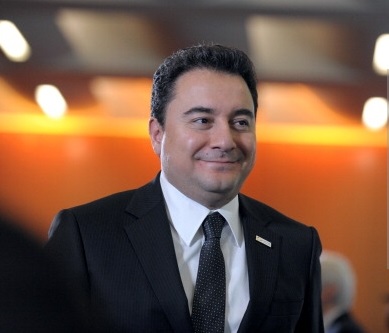CAIRO: Rejecting the idea that the Supreme Council of the Armed Forces (SCAF) should hand over power to a civilian government at a sooner date, Egypt’s Prime Minister Kamal El-Ganzoury announced on Wednesday swift measures to “help alleviate” economic pressures.
To boost local production, the government has collaborated with the Principal Bank for Development and Agricultural Credit to provide LE 300 million in order to provide soft loans to farmers with an interest rate not exceeding 4 percent.
In coordination with the ministries of finance and agriculture, the “Veal Project” has been launched in which the government will reduce the price of meat, making it more affordable to consumers.
Among the latest reforms, taxpayers who pay before the end of March this year will receive a tax break as an incentive to pay on time.
He also stated that the number of meals for public school students would increase, doubling the funds allocated for feeding students. This year, LE 200 million have been allocated for nutrition in schools.
“There are about 18 million children enrolled in schools currently. Instead of giving them the previous, dry meals that were handed out, we will give them better meals and the number of meals will be increased from 80 days a year to about 140 to 170,” he said.
According to El-Ganzoury, the Cabinet also discussed several actions aimed at reducing the growing LE 134 billion budget deficit, increasing resources, promoting investments and exports, and reducing unemployment.
“We need to review our internal accounts,” said El-Ganzoury. “For example there is a lot of arable land that could be used for agriculture but are currently being used for other means.”
To control and monitor rising prices of food and agriculture products in order to alleviate rising inflation, he added that he hoped there would be a supervisory authority formed soon.
While El-Ganzoury spoke to reporters inside the Ministry of Investment, a couple of dozen protesters gathered outside the premises hoping their voices would be heard by the prime minister.
“We want the state to renationalize the Shebin El-Kom Textiles Company and Tanta for Flax and Oil,” a protester, who wanted to remain anonymous, told Daily News Egypt.
The protesters outside the ministry had lost their jobs, forced to teak early retirement when the two factories were privatized in 2004.
The protesters, which have been protesting for about two weeks now, insist that they will remain outside until the prime minister fulfills their demands.
During the conference, El-Ganzoury reiterated that the government would dedicate LE 175 million to provide homes for citizens living in shantytowns and slums as these areas have become “unlivable.”
He also added that the state is still waiting on stimulus packages expected from neighboring Arab countries and the Group of Eight countries.
“We have not received anything till now,” he said. “In order to face our economic problems, we are looking for partnerships — not aid.”
When asked when SCAF should be expected to hand over power to a civilian government or if it was possible that they would relinquish power to the newly elected parliament, El-Ganzoury rejected the idea.
“If the council left, who will they leave the country to? A country that remained quiet for 60 years, cannot wait five or six more months for the hand over of power?” El-Ganzoury asked a group of reporters.
“The constitution that would have allowed them to hand over power to an elected parliament is now a void constitution,” he said referring to the 1971 constitution.

